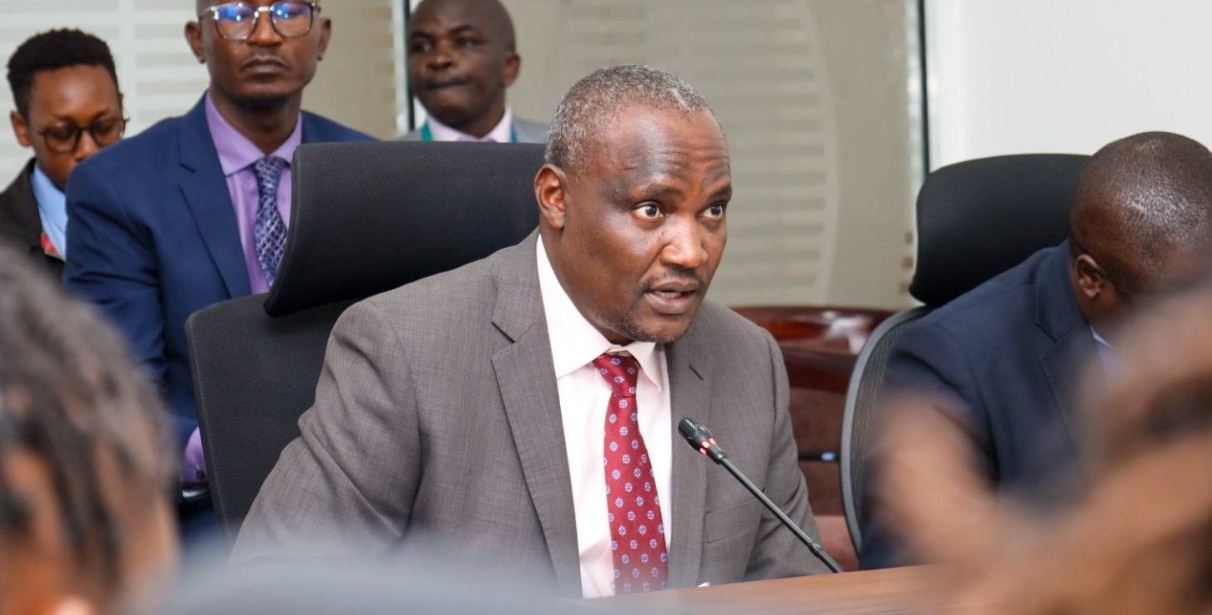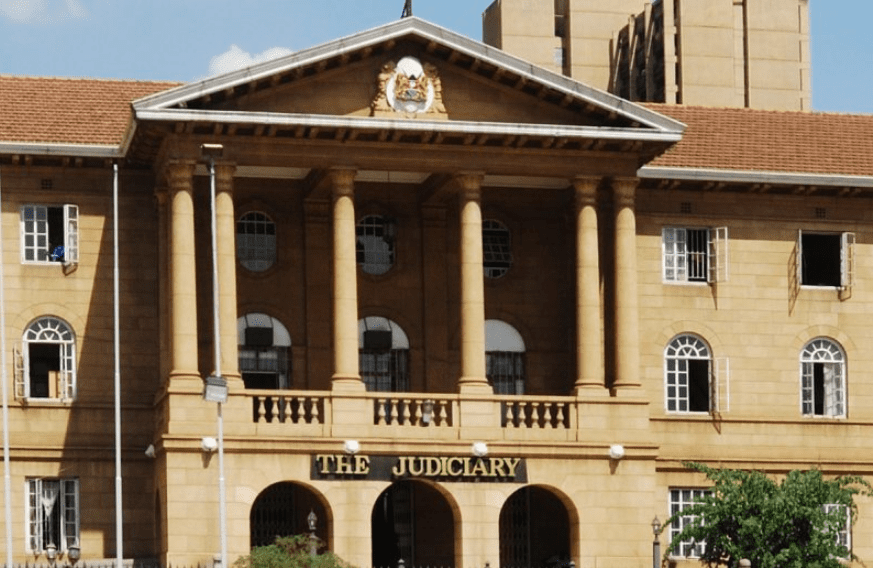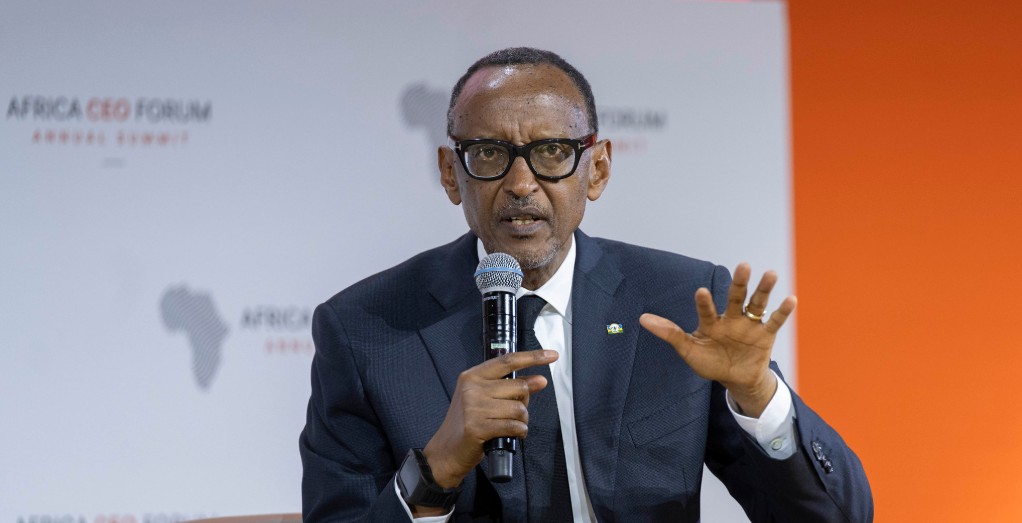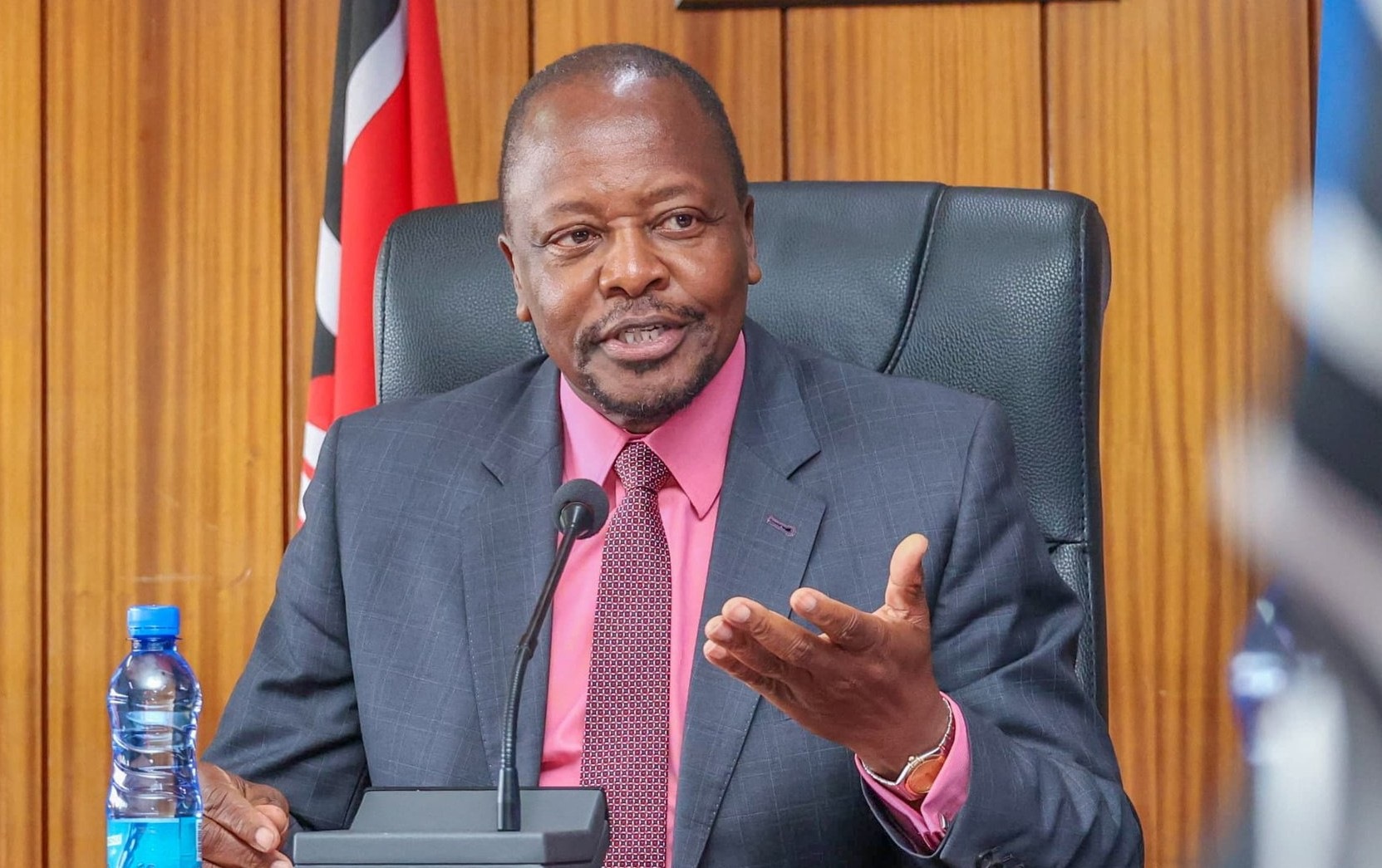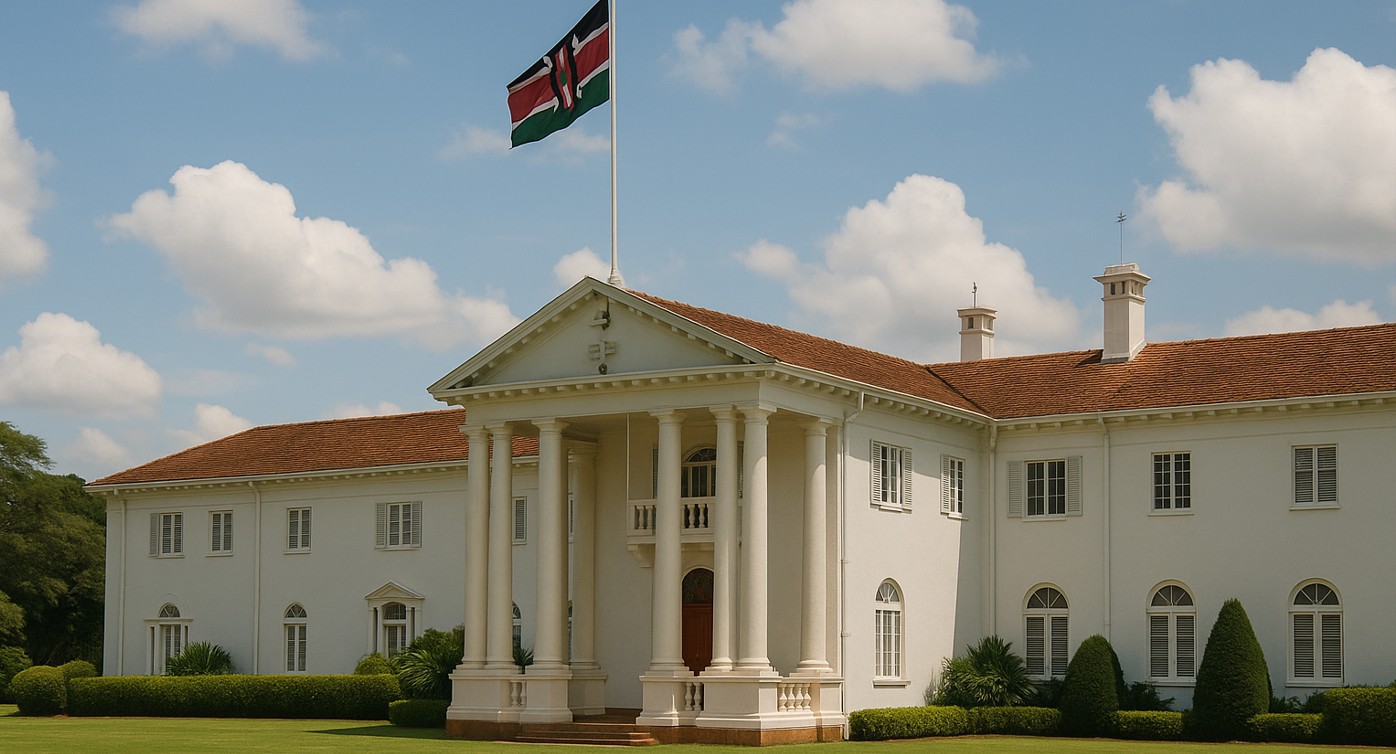UHC: MPs back motion seeking to compel civil servants to use public hospitals

The motion seeks to compel the Ministry of Health to fully implement the Kenya Universal Health Coverage Policy 2020–2030 and to develop a framework that binds all civil servants, public officers and state officers to seek treatment only in public hospitals.
Members of Parliament have endorsed a motion to accelerate the rollout of Universal Health Coverage (UHC) and introduce mandatory use of public health facilities for all public servants.
The motion, brought before the House by Nominated MP Sabina Chege, seeks to compel the Ministry of Health (MoH) to fully implement the Kenya Universal Health Coverage Policy 2020–2030 and to develop a framework that binds all civil servants, public officers and state officers to seek treatment only in public hospitals.
More To Read
- Fresh rift between SRC and PSC over legal officers’ special allowances
- Kabogo denies Ruto targeting Mt Kenya civil servants, blames Gachagua for divisive politics
- How misconceptions are undermining breastfeeding efforts in Kenya
- Government suspends hardship area classification after public backlash
- Government to roll out app monitoring civil servants’ attendance, working hours
- EduAfya audit uncovers 'ghost students', Sh2.3 billion overpayment
“The Government is committed to accelerating the attainment of Universal Health Coverage (UHC) to ensure all Kenyans have access to essential quality health services. This must start with public servants themselves,” Chege told the House on Wednesday.
She argued that although the government provides comprehensive medical cover for its employees, most opt for private health services, a trend she said diverts much-needed funding from public facilities.
“Civil servants, public officers, and state officers are accorded a comprehensive medical cover by their respective government agencies. Using that cover in public hospitals would guarantee sufficient funding and accountability,” she said.
Chege added that the move would not only enhance confidence in public healthcare systems but also lead to improved service delivery through increased investment and oversight.
Dagoretti North MP Beatrice Elachi threw her support behind the motion, urging a change in public perception and mindset among leaders.
“The same doctors working in private hospitals also serve in Kenyatta National Hospital and other public institutions. The problem isn’t quality; it’s perception,” she said.
Elachi also called on the government to address the high costs of private healthcare, which many Kenyans cannot afford.
“Healthcare must be accessible to all, not just the wealthy,” she said.
Seme MP James Nyikal, who chairs the National Assembly Health Committee, echoed the call for leadership by example.
“We must commit, as Members of Parliament, to use public services, flawed as they may be. Only then can we genuinely fix them,” Nyikal said.
Elgeyo Marakwet County MP Caroline Ng’elechei reminded the House that health remains a devolved function and called on counties to raise standards in their facilities.
“Cleanliness, equipment, and human resources must be top priority if we want people to trust and use public hospitals,” she said.
MPs further emphasised the need to address the welfare of healthcare workers to retain talent in the public sector.
“If we want world-class services, we must offer competitive pay and good working conditions,” they said, warning that brain drain to private facilities would persist unless improvements are made.
Kiharu MP Ndindi Nyoro emphasised healthcare’s role in national development, comparing Kenya’s efforts to systems abroad.
“Education builds the workforce, but healthcare sustains it. Without a healthy population, there’s no economic growth,” he said.
Nyoro cited the UK’s National Health Service (NHS) as a model to emulate, noting, “Even the Prime Minister uses public hospitals. That builds confidence and dignity in the system.”
However, not all legislators agreed on the best structural model to deliver UHC.
Suba South MP Caroli Omondi opposed the current devolved structure of healthcare, instead advocating for centralisation under a unified national scheme.
“For UHC to work, it must be a unified insurance scheme with central pooling of resources and expertise,” Omondi said.
He proposed the formation of a single national employer for all healthcare workers to ensure uniform service standards across counties.
While the House appeared united in support of healthcare reforms, members differed on whether a centralised or devolved system would be more effective in achieving UHC.
Debate on the motion is expected to continue next week as MPs consider the legal, financial and structural implications of mandating public healthcare use among all public servants.
Top Stories Today

